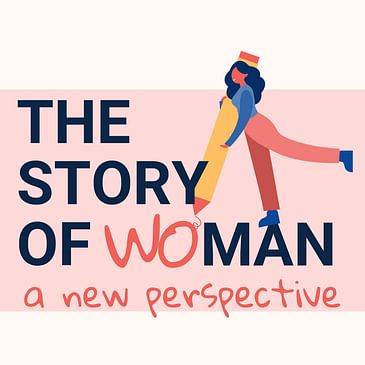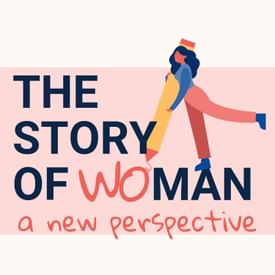Uncover the root cause of societal issues and explore a movement beyond feminism in the Season 3 finale of "The Story of Woman." Join host Anna Stoecklein and Remi Olajoyegbe, co-founder of Medicine festival, in a profound discussion on inner healing for societal transformation.
Dive into the importance of community, the longing for belonging, and the power of collective empowerment. From ancient indigenous practices to cutting-edge therapies, this episode unveils the transformative power of Medicine festival, providing a unique space for self-discovery, connection with others, and immersion in diverse healing modalities.
Join us on this insightful journey toward a broader movement that encompasses all of humanity.
Some topics we cover include:
- The power of personal inner work for collective outer healing
- The importance of finding a sense of belonging and community
- The human longing for connection and the challenges in a globalized world
- Emphasis on the interconnectedness of personal and communal well-being
- The role of spaces like Medicine festival in fostering inner healing, self-connection, and system transformation
- The significance of diversity and inclusion in creating a rich, transformative space
- The outsized role practices and wisdom shared by indigenous communities play in our collective healing and connection
Transcription is available here
--
Become a Patron for access to bonus content and to support the podcast, or buy me a (metaphorical) coffee
Follow us: Instagram | Twitter | Facebook | Tik Tok | Youtube | LinkedIn
Subscribe to our newsletter for a weekly dose of all things WOMAN
We need more women’s stories in the world!. If you’ve enjoyed this episode, please share, subscribe, rate and review on Apple, Spotify or wherever you listen to your podcasts
Explore The Story of Woman book recommendations in the US and the UK - purchases support the podcast AND local bookstores 🤩
www.thestoryofwomanpodcast.com
Learn more about your ad choices. Visit megaphone.fm/adchoices



